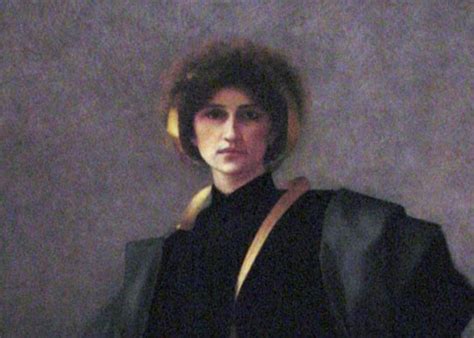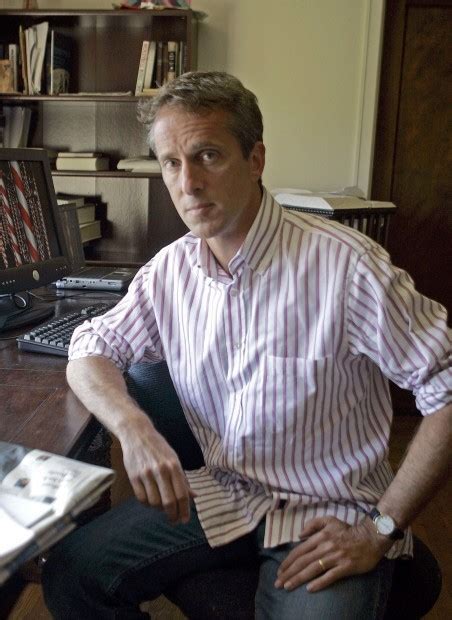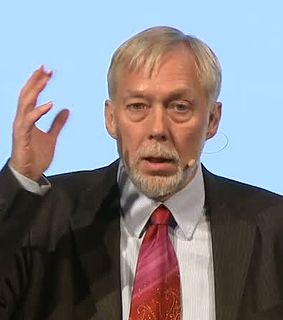A Quote by Ralph Waldo Emerson
Genial manners are good, and power of accommodation to any circumstance, but the high prize of life, the crowning fortune of a man is to be born with a bias to some pursuit, which finds him in employment and happiness, -- whether it be to make baskets, or broadswords, or canals, or statutes, or songs. I doubt not this was the meaning of Socrates, when he pronounced artists the only truly wise, as being actually, not apparently so.
Related Quotes
A total reverse of fortune, coming unawares upon a man who 'stood in high degree,' happy and apparently secure,-such was the tragic fact to the mediaeval mind. It appealed strongly to common human sympathy and pity; it startled also another feeling, that of fear. It frightened men and awed them. It made them feel that man is blind and helpless, the plaything of an inscrutable power, called by the name of Fortune or some other name,-a power which appears to smile on him for a little, and then on a sudden strikes him down in his pride.
If there ever was a pursuit which stultified itself by its very conditions, it is the pursuit of pleasure as the all-sufficing end of life. Happiness cannot come to any man capable of enjoying true happiness unless it comes as the sequel to duty well and honestly done. To do that duty you need to have more than one trait. From the greatest to the smallest, happiness and usefulness are largely found in the same soul, and the joy of life is won in its deepest and truest sense only by those who have not shirked life's burdens.
It is generally allowed, that no man ever found the happiness of possession proportionate to that expectation which incited his desire, and invigorated his pursuit; nor has any man found the evils of life so formidable in reality, as they were described to him by his own imagination; every species of distress brings with it some peculiar supports, some unforeseen means of resisting, or powers of enduring.
There is no man ... however wise, who has not at some period of his youth said things, or lived a life, the memory of which is so unpleasant to him that he would gladly expunge it. And yet he ought not entirely to regret it, because he cannot be certain that he has indeed become a wise man -- so far as it is possible for any of us to be wise -- unless he has passed through all the fatuous or unwholesome incarnations by which that ultimate stage must be preceded.
the only way in which a human being can make some approach to knowing the whole of a subject, is by hearing what can be said about it by persons of every variety of opinion, and studying all modes in which it can be looked at by every character of mind. No wise man ever acquired his wisdom in any mode but this; nor is it in the nature of human intellect to become wise in any other manner.
But there's the rub. The present can never deliver one thing: meaning. The way of happiness and meaning are not the same. To find happiness, a man need only live in the moment; he need only live for the moment. But if he wants meaning--the meaning of his dreams, his secrets, his life--a man must reinhabit his past, however dark, and live for the future, however uncertain. Thus nature dangles happiness and meaning before us all, insisting only that we choose between them.
It was the saying of a great man, that if we could trace our descents, we should find all slaves to come from princes, and all princes from slaves; and fortune has turned all things topsy-turvy in a long series of revolutions; beside, for a man to spend his life in pursuit of a title, that serves only when he dies to furnish out an epitaph, is below a wise man's business.
Latent in every man is a venom of amazing bitterness, a black resentment; something that curses and loathes life, a feeling of being trapped, of having trusted and been fooled, of being helpless prey to impotent rage, blind surrender, the victim of a savage, ruthless power that gives and takes away, enlists a man, drops him, promises and betrays, and -crowning injury- inflicts on him the humiliation of feeling sorry for himself.







































